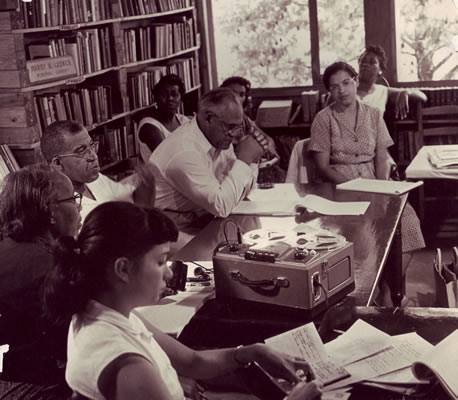
Rosa Parks at a workshop at Highlander Folk School in Tennessee in July 1955 (six months before the boycott). Also: Septima Poinsette Clark, F. D. Patterson, and C. H. Parrish. Source: Civil Rights Digital Library
On Dec. 1, 1955 Rosa Parks refused to give up her seat on a bus in Montgomery, Alabama. She was a long time activist and in fact, days before, she had attended a mass meeting about the acquittal of the murderers of Emmett Till.
As explained at NMAAHC,
Following Rosa Park’s arrest, Jo Ann Robinson of the Women’s Political Council and a few associates jumped into action. They copied tens of thousands of leaflets and distributed them across the city, calling for a one-day boycott.
Following the overwhelming success of the one-day boycott, Montgomery’s Black citizens decided to continue the campaign, establishing the Montgomery Improvement Association (MIA) to organize the effort and electing Dr. Martin Luther King Jr. as the MIA’s president.
How the Montgomery Bus Boycott began is one of the most powerful stories of organizing and social change in U.S. history. Yet many people still associate it with an isolated act by Rosa Parks, without the context of Parks’ own life of activism, the decades of protests of Jim Crow on public transportation across the country (including Claudette Colvin and others earlier that same year), nor the role of the Women’s Political Council of Montgomery.
Out of Montgomery’s 50,000 African American residents, 30,000-40,000 participated in the boycott. For 381 days, they walked or bicycled or car-pooled, depriving the bus company of a substantial portion of its revenue.
In “The Politics of Children’s Literature: What’s Wrong with the Rosa Parks Myth” from Rethinking Schools, Herbert Kohl deconstructs the myth of a meek and tired Rosa Parks and a spontaneous boycott.
Below are resources, including an interactive lesson and young adult books, to learn more about the long activist history of Rosa Parks and the Montgomery Bus Boycott.

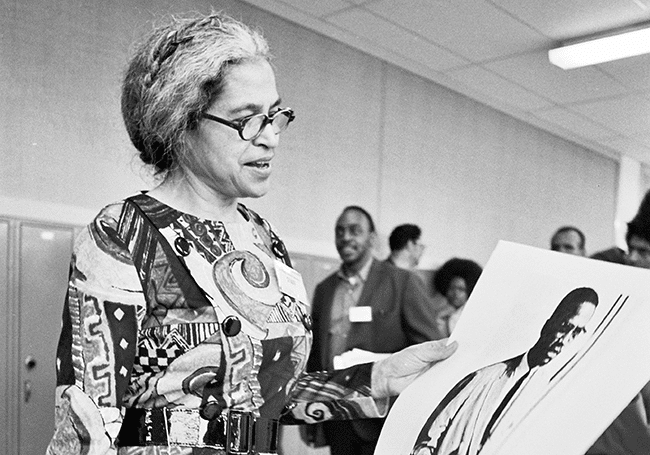
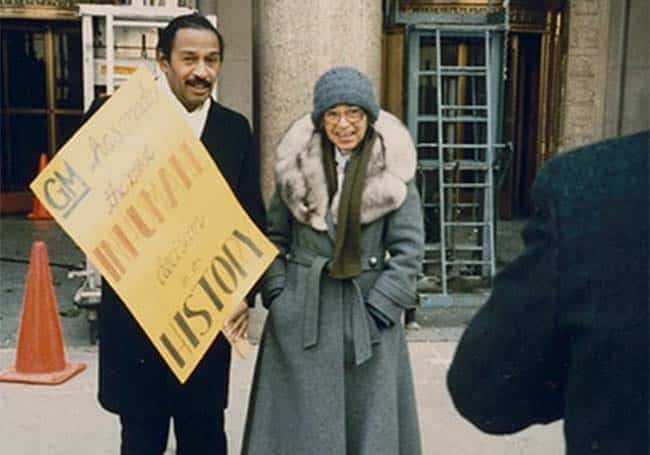


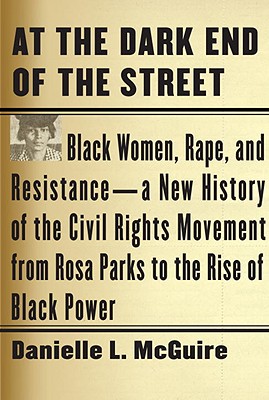

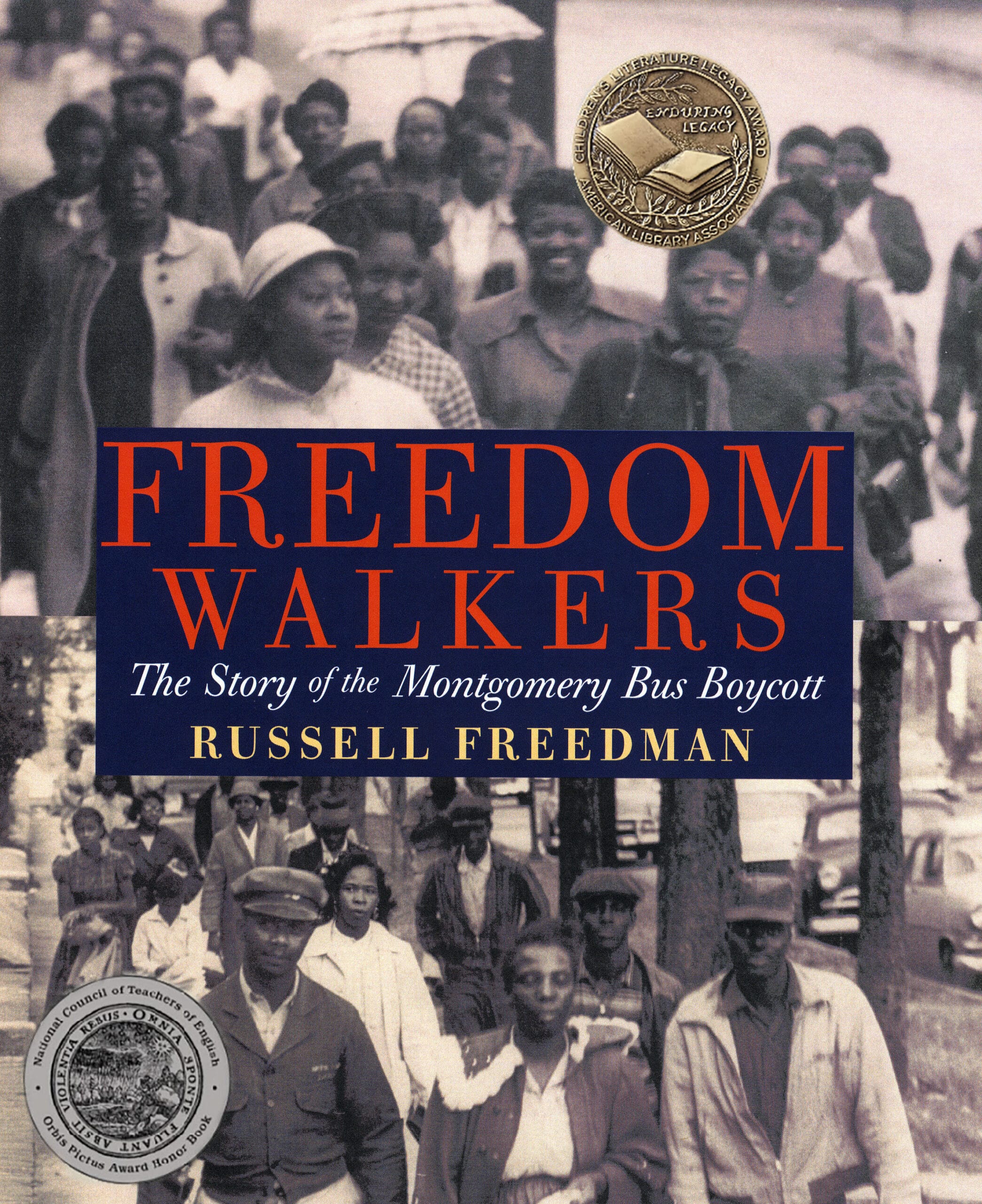
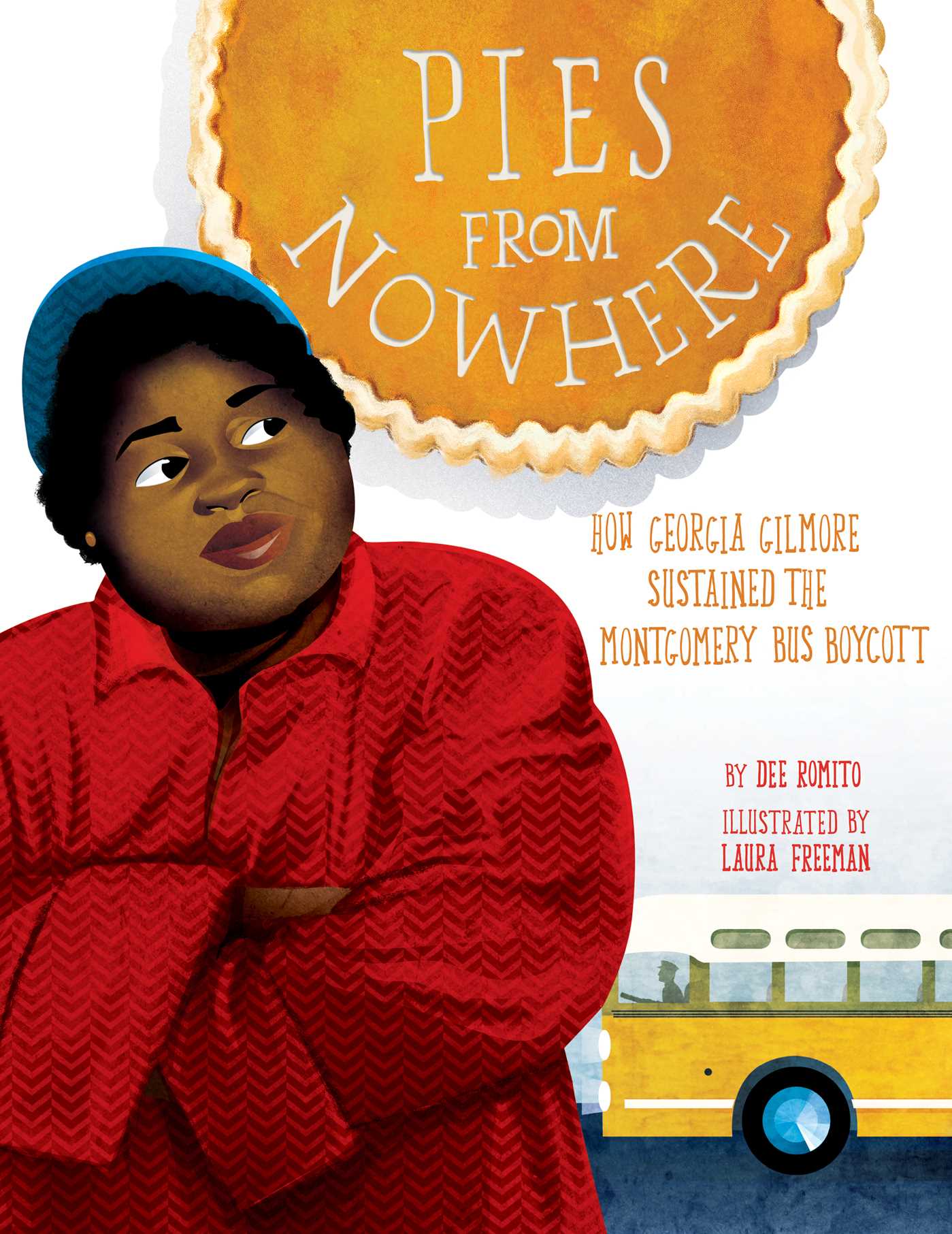
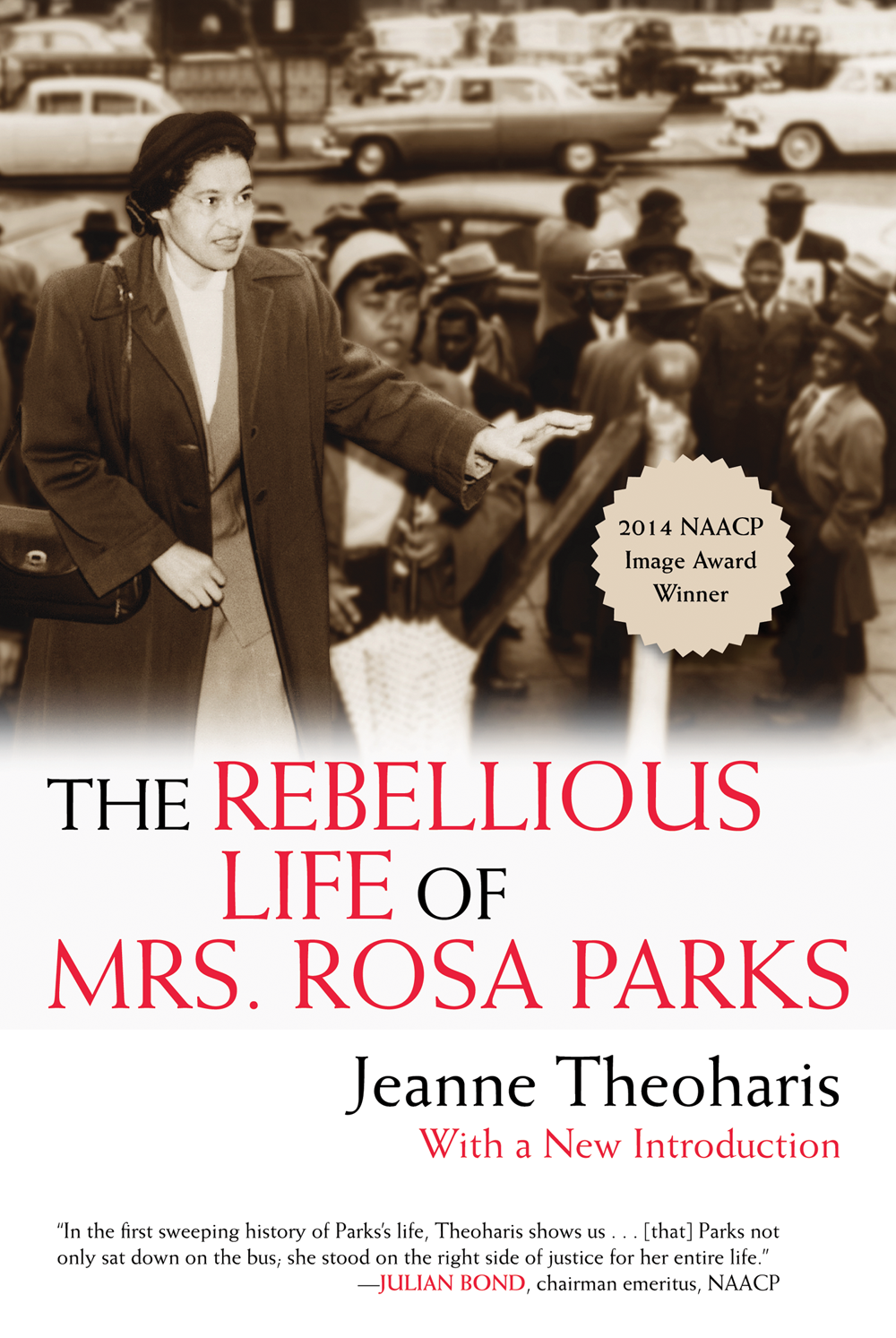

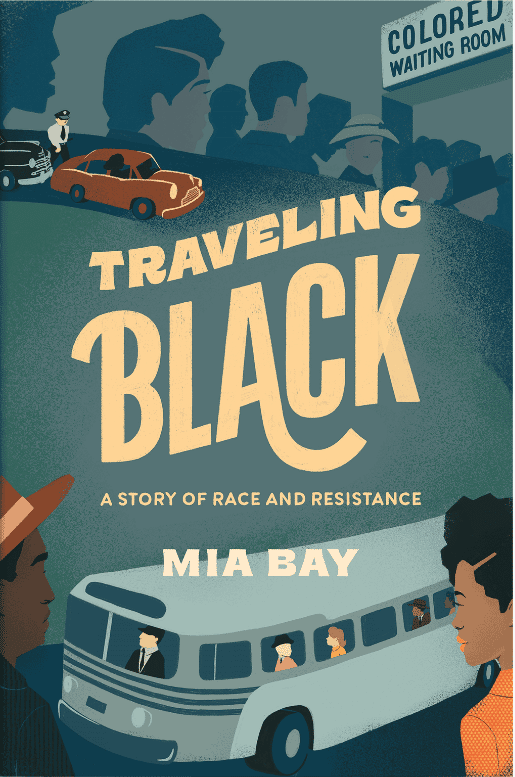




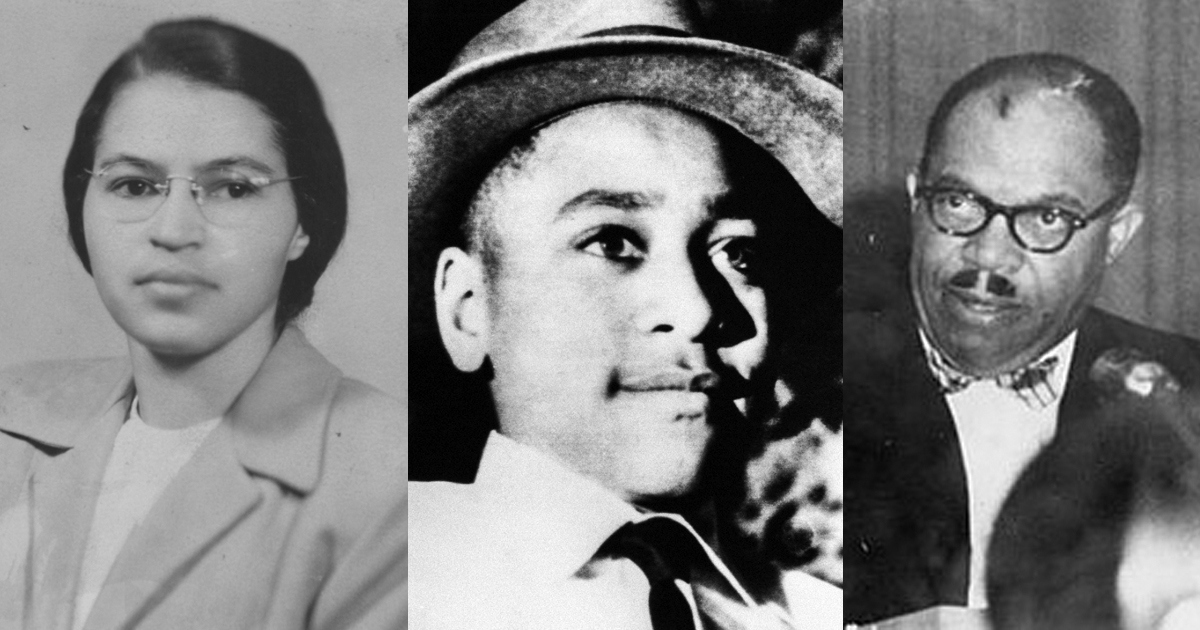
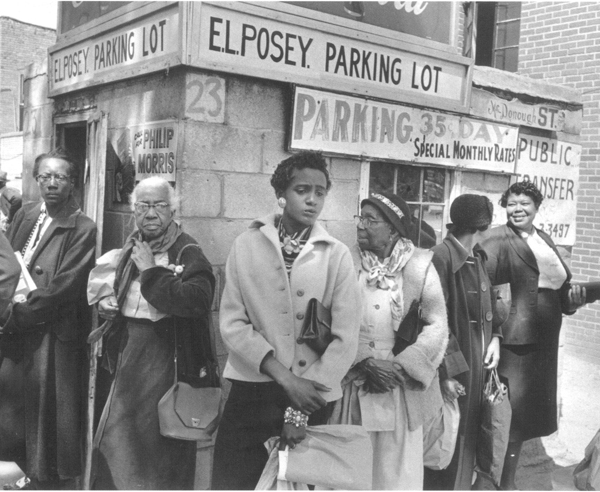
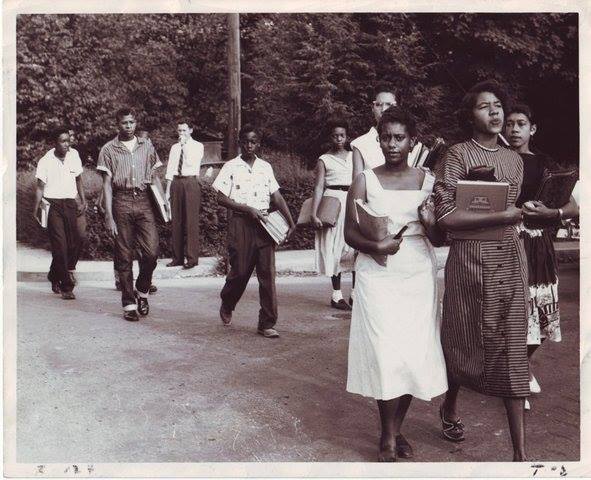
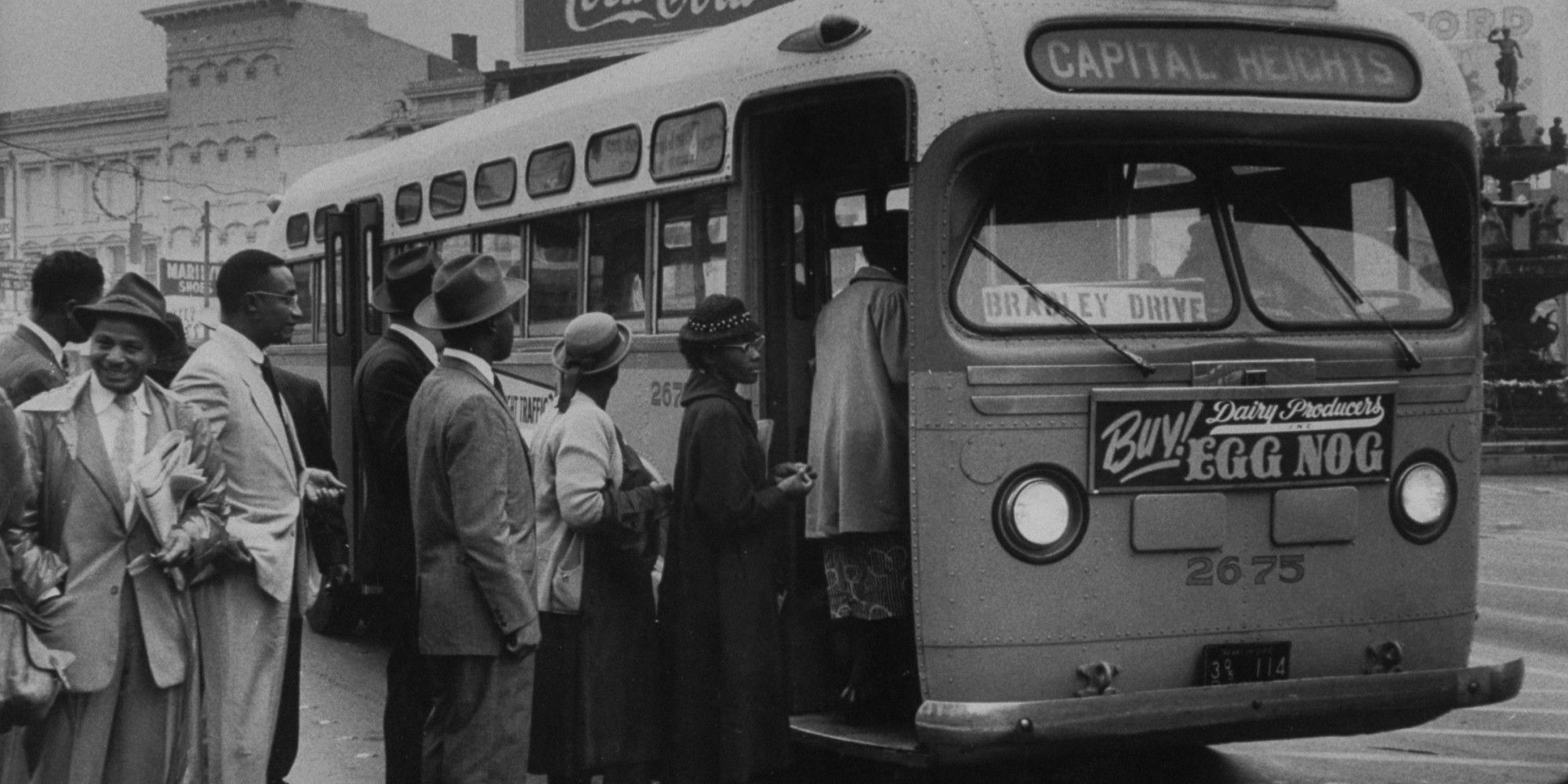





Twitter
Google plus
LinkedIn